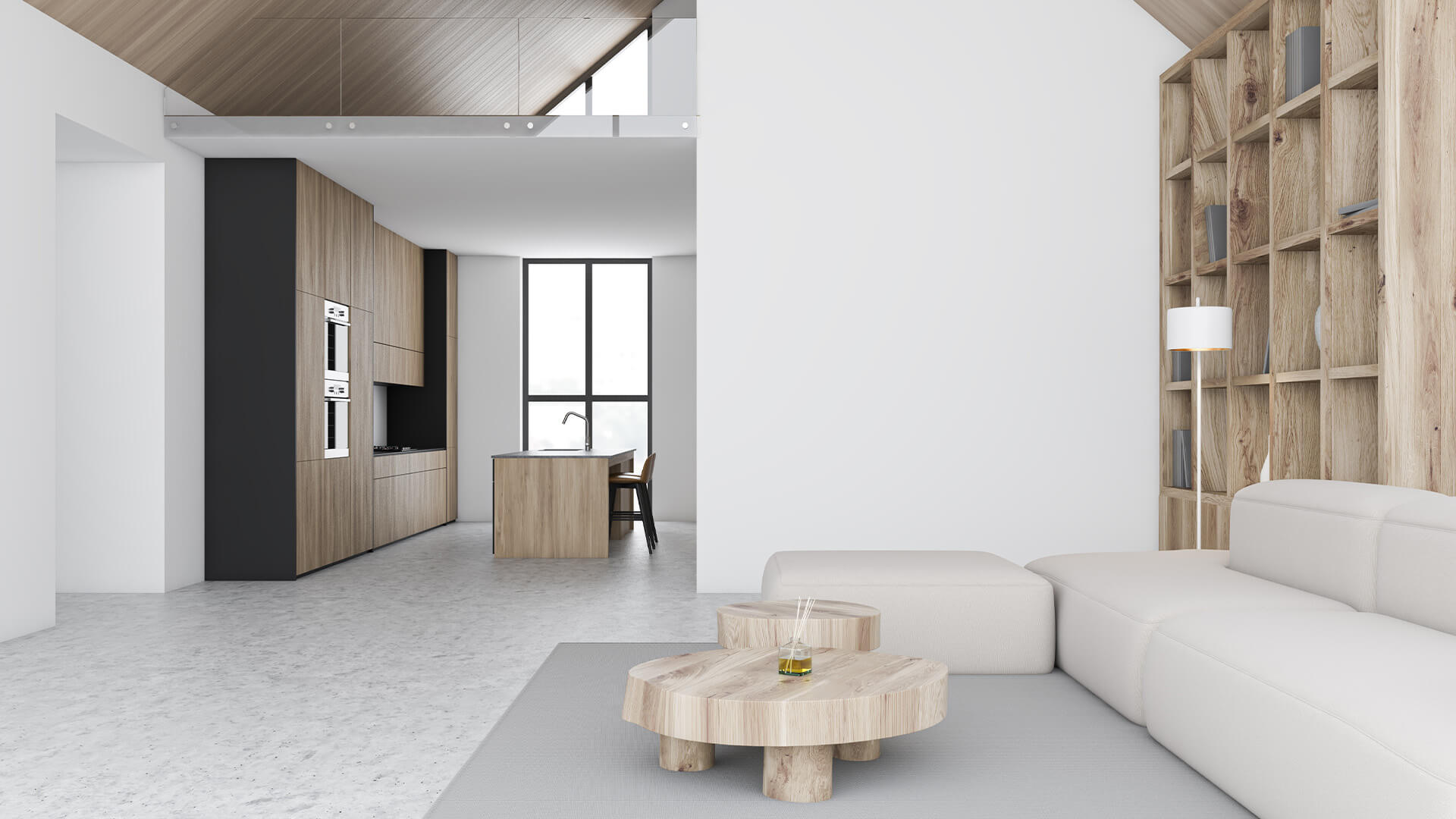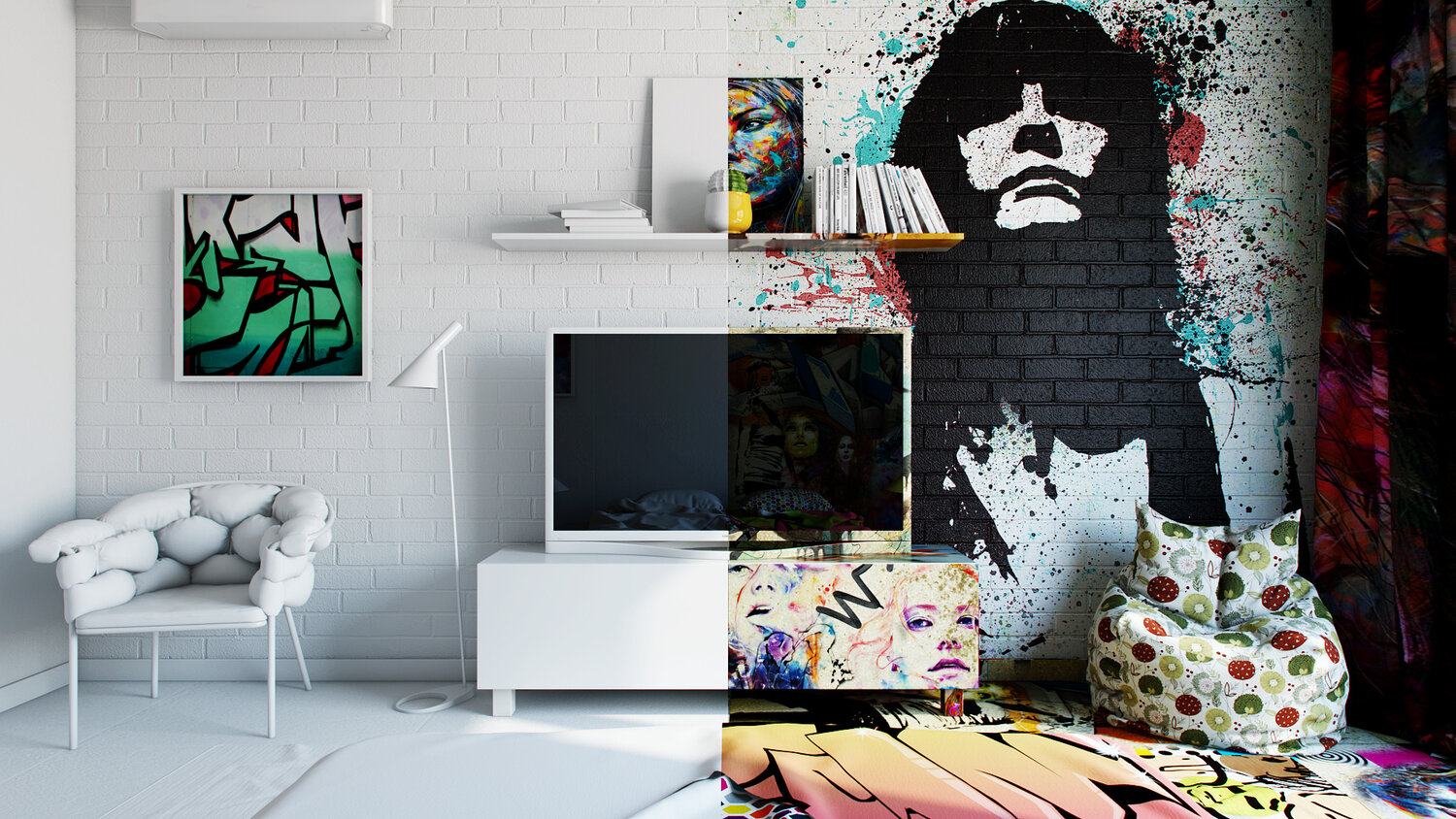Checking Out the Long-Term Impact of Minimalism on Mental and Emotional Health
Recognizing Minimalism: Strategies for Reducing Mess and Enhancing Quality in Everyday Living
Minimalism is significantly recognized as a sensible technique to enhancing clearness and focus in today's cluttered globe. By methodically reviewing our properties and focusing on intentionality, we can develop areas that not only show our values however additionally promote psychological health. Utilizing techniques such as the "Four-Box" technique can help with a more well organized setting, yet the true obstacle hinges on growing a minimalist mindset that sustains these efforts. Discovering the nuances of this philosophy might expose surprising understandings right into exactly how you can transform your every day life. When you accept this willful simpleness?, what might you uncover.
Specifying Minimalism and Its Benefits
Specifying minimalism includes understanding it as a way of life selection that emphasizes simpleness and intentionality in both physical belongings and day-to-day routines. At its core, minimalism urges individuals to prioritize what really matters, permitting an extra meaningful and focused existence. By removing away the non-essential, minimalism welcomes people to involve deeply with their experiences and surroundings.
The benefits of embracing a minimal technique are complex. Firstly, it promotes mental quality, as reducing clutter in one's atmosphere can bring about lowered interruptions and stress. When surrounded by fewer ownerships, people often report enhanced concentration and improved efficiency. Minimalism promotes monetary liberty; by focusing on requirements over wants, people can make even more informed acquiring decisions, leading to possible cost savings and decreased debt. Furthermore, a minimal lifestyle can generate emotional benefits, as it motivates individuals to grow thankfulness for what they have as opposed to yearning for a lot more.
Ultimately, minimalism is not merely regarding worldly decrease but entails an alternative shift in perspective, promoting a life identified by purpose, equilibrium, and satisfaction. Accepting this way of living can lead to profound modifications in exactly how people regard and interact with the globe around them.
Analyzing Your Current Clutter
Clutter frequently materializes as a frustrating build-up of items that no longer serve an objective, producing an obstacle to attaining a minimalist lifestyle. To properly analyze your current clutter, it is important to take on an organized strategy. Begin by identifying the locations in your space that feel overwhelming or chaotic. Bear in mind of details categories of things, such as clothing, publications, or kitchenware, as this will help you understand the scope of the clutter.

Furthermore, consider the regularity of use for each and every item. It may be a prospect for elimination if something has actually not served a purpose in the previous year. This evaluation will certainly not just clarify your relationship with your ownerships however will likewise set the structure for reliable decluttering in the future. Inevitably, understanding your current mess is a crucial step towards accepting minimalism and enhancing clarity in your day-to-day living.

Practical Decluttering Strategies
Having assessed your existing clutter, the next step is to apply functional decluttering methods that assist in an even more organized living room. Minimalism. One efficient method is the "Four-Box" technique, where you mark 4 boxes labeled: maintain, contribute, garbage, and relocate. This method urges quick decision-making and ensures items are classified properly
Another method is the "One in, One out" guideline, which stipulates that for every single new item gotten, an existing product must be gotten rid of. This principle aids keep balance and avoids buildup with time. Furthermore, consider the "30-Day Minimalism Video Game," where you eliminate one item on the initial day, two on the 2nd, and so forth, cumulatively fostering a feeling of achievement.
For those who fight with emotional attachments to possessions, the "Nostalgic Worth" technique can be valuable. Limitation yourself to a specific variety of cherished things, enabling you to appreciate their significance without frustrating your space. Develop a routine decluttering timetable, whether regular monthly or seasonally, to keep a clutter-free atmosphere. By employing these strategies, you can produce an extra peaceful and effective living area, eventually improving quality in your everyday life.
Creating Intentional Rooms
Producing intentional rooms includes a thoughtful strategy to see this site just how we style and organize our environments, guaranteeing each location serves a certain function and shows our values. This method is necessary in growing a sense of clarity and purpose in our day-to-days live. By critically examining the feature of each room, we can get rid of distractions and improve our overall well-being.
To create willful rooms, start by determining the main activities that will occur in each location. A home workplace must be created to foster performance, including aspects such as sufficient lighting, comfy furnishings, and minimal diversions. In comparison, a relaxation location must promote peace, featuring soothing shades and comfortable seats.
Additionally, consider the psychological effect of your surroundings (Minimalism). Including personal items that reverberate with your values, such as art work or plants, can enhance the link to your room. On a regular basis assess these settings to ensure they remain to serve their desired function as your demands progress
Ultimately, producing intentional spaces has to do with making conscious selections that align with your way of life, promoting consistency and efficiency in your living and working environments.
Preserving a Minimalist Attitude
Accepting a minimalist mindset requires recurring representation and intentionality in our ideas and activities. Set apart time to review your dedications, possessions, and also electronic web content, guaranteeing they line up with your core principles.
This shift in point of view urges admiration for simpleness, boosting total wellness. Including mindfulness strategies, such as reflection or journaling, can further strengthen a minimalist state of mind by advertising clarity and minimizing psychological clutter.
Additionally, establish boundaries to protect your time and energy. Learn to say no to non-essential obligations and interruptions that do not add to your individual development. Border on your own with similar individuals who sustain your minimalist journey, as shared values can enhance motivation and responsibility.
Conclusion
In verdict, accepting minimalism uses substantial benefits, including lowered mess and boosted clarity in every day life (Minimalism). By systematically examining possessions and carrying out practical decluttering methods, people can develop intentional areas that cultivate mindfulness and thankfulness. Preserving a minimal way of thinking needs recurring assessment and dedication to simpleness, eventually bring about a go to this web-site more concentrated and fulfilling way of living. The concepts of minimalism serve as useful tools for cultivating a setting that sustains individual development and well-being.

Furthermore, consider the "30-Day Minimalism Game," where you eliminate one product on the very first day, 2 on the 2nd, and so forth, cumulatively fostering a sense of accomplishment.
In final thought, accepting minimalism uses substantial advantages, including decreased clutter and improved clearness in day-to-day life.